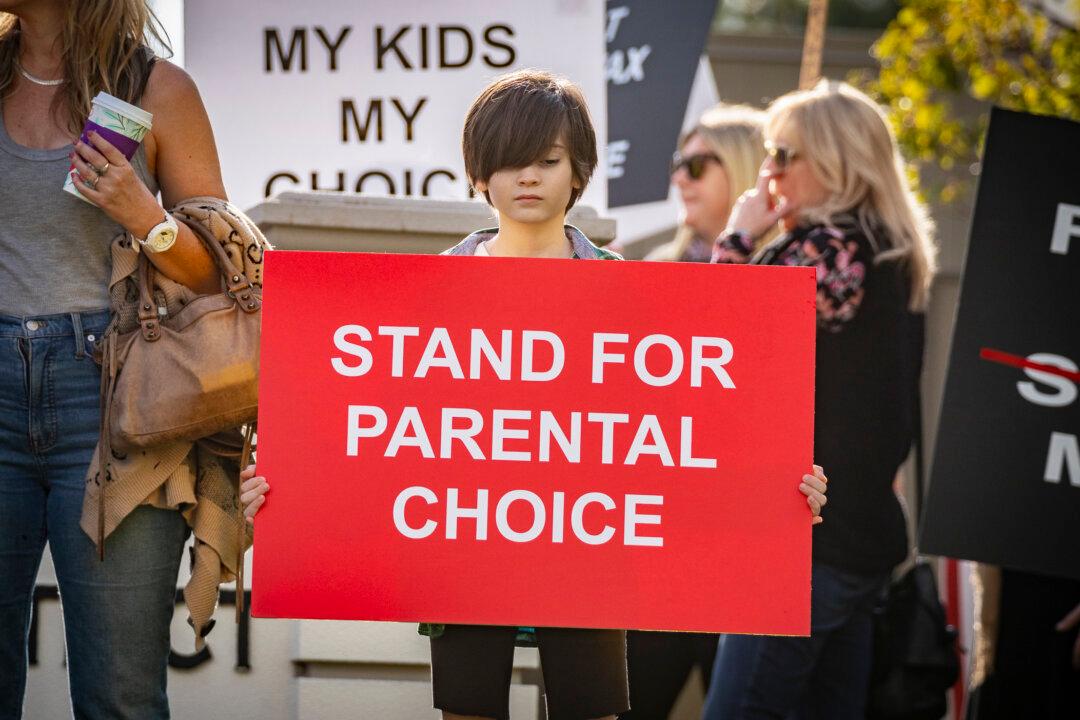Parents in the United States have a strong preference for charter schools, regardless of demographic factors including race, income, geographic region or political affiliation, according to a report released by the National Alliance for Public Charter Schools.
An online survey of some 5,000 parents of schoolchildren revealed that 74 percent would consider sending their child to a charter school if one were available to them. Even among parents who might not choose a charter, 84 percent believe charter schools should be available to others.





